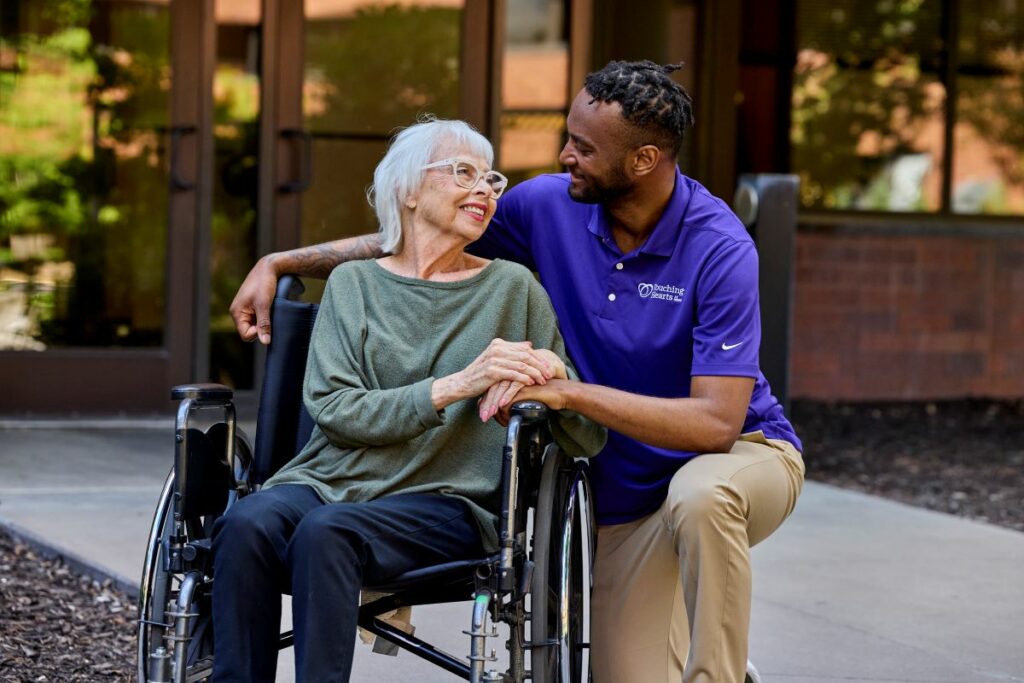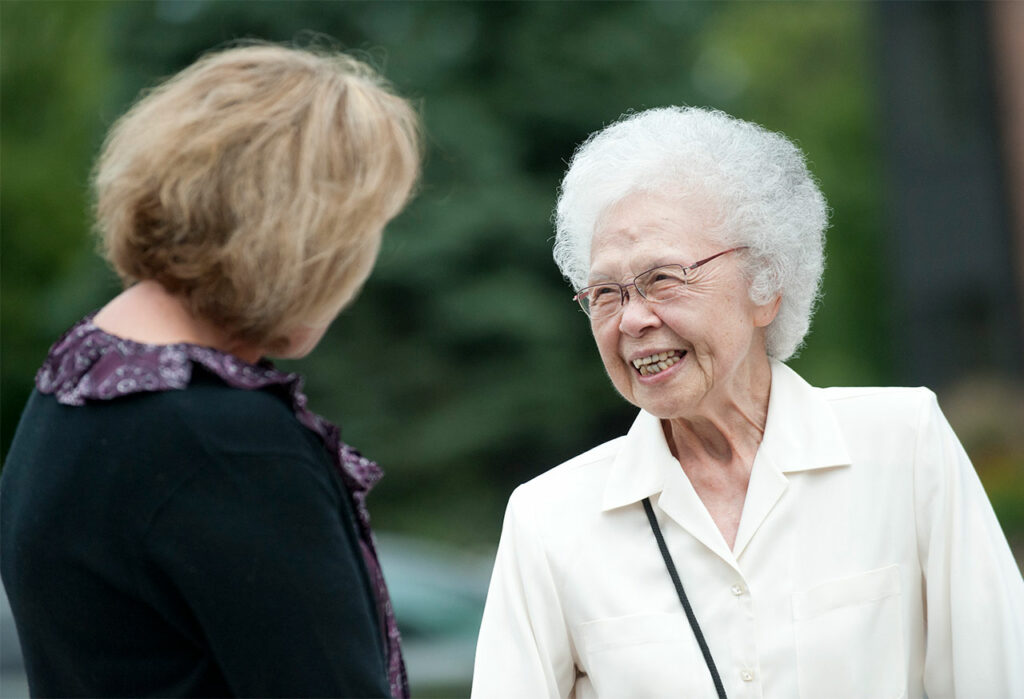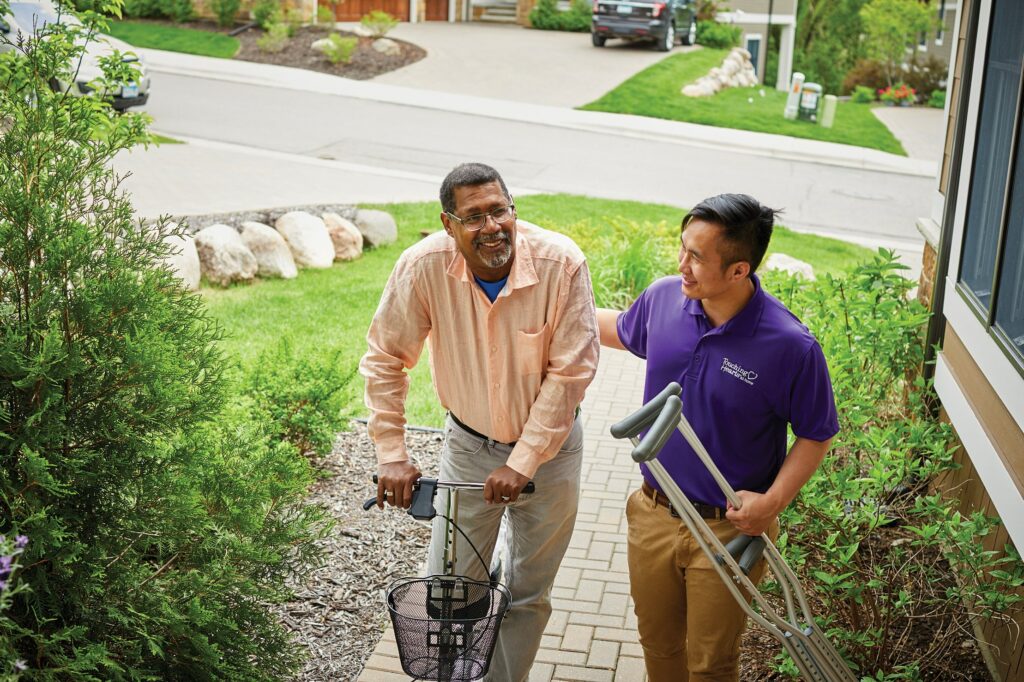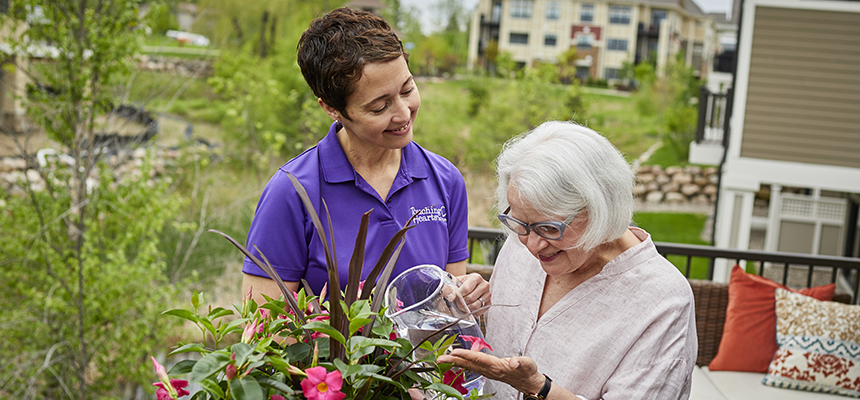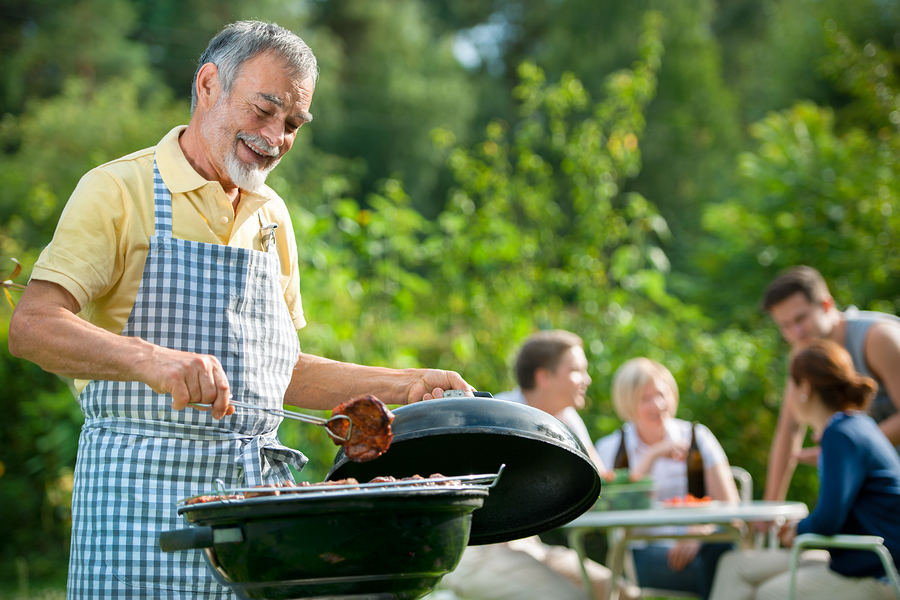Climbing the Mountain
By Marie Stanfill, Certified End-of-Life Doula
I have spent many days sitting beside those nearing the end of their life’s journey—holding their hands, listening to their loved ones share memories through tears, and creating a safe, gentle space to honor who they were and who they are becoming.
Throughout my career, I have encountered so many amazing individuals. Yet, the majority of my clients have been those whose illnesses have robbed them of the ability to share their stories with me. Dementia and Alzheimer’s have often left me wondering—what are they truly thinking, feeling, and experiencing? Are they afraid? Do they know their journey is coming to an end?
While this has been my typical experience, my most recent client was something completely different.
He was aware.
Fully able to communicate what he was feeling, thinking, and experiencing.
From the very first session—within the first five minutes, actually—I knew this interaction would stay with me forever.
I sat beside him as he reclined in his chair. He looked at me and said, “So, you’re an end-of-life doula, huh? Well, I have a test for you.”
“Okay, shoot!” I replied.
After a brief silence, he said, “I am dying.”
For most, this bold and profound statement might have been unsettling. Many would fumble for the right words—searching for reassurance or comfort. But I could tell from the way he stated his truth that he wasn’t looking for reassurance. He was looking for confirmation.
“Yes, you are,” I replied.
“FINALLY! Someone finally gets it!!!” he exclaimed.
“I’ve been telling my friends that I’m dying, and they always respond with, ‘We all are—little by little, every day.’ But for me, I am actually dying.”
In that moment, it became so clear to me: More than anything, we all just want our truth to be acknowledged. We want someone to look at our experience and say, Yes, I see you. I hear you. This is real.
And it also struck me how deeply afraid we are of accepting the only guarantee in life—death.
But he wasn’t afraid.
This client was one of the first people I had encountered who truly welcomed the idea of death. A retired philosophy professor, his thoughts on life and what comes after were nothing short of incredible.
During our second session, we discussed the afterlife. He asked me, “Do you think we create our own afterlife experience while we’re alive? Is it shaped by our imagination?”
Rather than answering, I asked him what he thought. If he believed that was true, what would his afterlife look like?
He smiled and said, “I see death as climbing a mountain, not going down one. Once I reach the top, I’ll see beautiful valleys and streams. I’ll be so high I can touch the clouds and watch the birds flying free.”
What a breathtaking concept—to create your own heaven.
There is no greater form of autonomy than that. The ability to envision our destination, even as we face death, is a gift.
As his journey progressed, I began gauging where he felt he was in his climb. Each session, I’d ask, “Where are you on your mountain today?”
The morning he passed, his home health aide and I sat beside him. Though he was no longer responsive, I leaned in and asked, “Are you at the top of your mountain?”
To our astonishment, he opened his eyes, raised his brows, and gave a slight nod.
He knew.
He knew his time here was coming to an end, and with that confirmation, I held his hand and thanked him.
Thank you for allowing me to be of service.
Thank you for sharing your wisdom.
Thank you for letting me hold space for you.
Two or three hours later, I received the call that he had passed. While I was deeply saddened, I was also overwhelmed with gratitude.
Grateful for the opportunity to sit with such a profound soul.
Grateful for the conversations we had.
Grateful for the love he left behind in his children, grandchildren, and his beloved wife.
So here’s to you, sir!
As you take your final earthly turn in the batter’s box, hitting a walk-off home run, rounding third, and heading for home—may you reach the top of your mountain and see all the beauty you imagined.
Rest in peace.
Honoring Autonomy in End-of-Life Care
This experience reinforced the importance of autonomy in death—the ability to be seen, heard, and validated in our final moments.
At Touching Hearts at Home of Dayton, we believe that everyone deserves compassionate, dignified care at the end of life. While we cannot change the outcome, we can ensure that no one has to walk that path alone.
Our caregivers provide:



If you or a loved one needs compassionate end-of-life care,
You may also like:
Improving Food Safety for You and Your Senior
Foodborne illnesses often increase in the summer months due to warmer temperatures. The warmer it is outside or in a…
How Can Seniors Prevent Kidney Stones?
Kidney stones are a common condition that can affect people of all ages, but seniors tend to have a higher…




